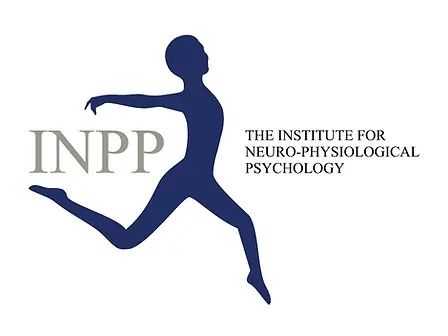
Beyond Seeing
Enhance the way you experience the world, with our transformative vision therapy practice.
Proudly Southeast Asia’s only Institute for Neuro-Physiological Psychology (INPP) accredited practitioner, we invite you to join our community of over 10,000 children and adults who’ve trusted us to support their journey.
We Can Help
Our industry-redefining vision therapy strengthens visual challenges associated with:
-
Reading, writing, cognitive function, coordination and learning
-
Barriers to learning, including ADHD, dyslexia, and Neuro-developmental delay
-
Blurred vision, double vision, amblyopia (lazy eye), strabismus, poor eye coordination, or headaches
Approximately 80% of our patients are children with learning challenges associated with insufficient functional vision.


Here's How it Works
We partner with you from consultation to assessment to individually developed therapy programmes, utilising a combination of ICORE (Integrated Cognitive Orthoptic Remediation) therapy and INPP screening (unique to our practice). Tailored programmes might include a combination of in-house and at-home exercises, as well as regular check-ins to optimise progress and align outcomes to individual objectives and needs.
It is our goal for every child or adult who journeys with us to experience marked improvements.
-
Removed barriers to learning
-
Reduced consquential behavioural impact such as restlessness, frustration, task avoidance or lack of focus
-
Eased pain and headaches
-
Improved dynamic visual function
-
Improved cognitive function
-
Optimised holistic wellbeing
What is The INPP?
Established in 1975, with programmes now practiced in over 16 countries, The INPP (Institute for Neuro-Physiological Psychology) provides research based screening, assessment and effective intervention programmes, identifying underlying physical factors in the presentation of specific learning difficulties and under-achievement in children and adults.
Zoran Pejic, Orthovision Founder, is Southeast Asia's only INPP practitioner, integrating INPP methods and research into Orthovision's unique vision therapy programmes.
Singapore's trusted partner
Orthovision Founder Zoran Pejic, was the Founding President of the Asia-Pacific Orthoptic Association, and a past Management Committee Member of the International Orthoptic Association.
We are proud of Orthovision's continued contribution to the global advancement of vision therapy and eye care, and work hard to bring the best of the International industry right to Singapore's door.

HEAR FROM OUR CLIENTS
“After concerns about our son's development, we travelled to Singapore for assessments. Orthovision recommended eye checks, and therapy quickly improved his reading and concentration. INPP assessments and simple exercises during our next visit led to remarkable progress in various areas. Teachers at school noted significant improvement, and we highly recommend this approach. Thanks to Mr. Zoran, we wish we had discovered this sooner!”

WHAT CLIENTS SAY
“Very experienced vision specialist. The therapy really works.
It helped my girl tremendously from being unable to read to reading independently. I would recommend Orthovision to my friends”

WHAT CLIENTS SAY
“Orthovision therapy completely eliminated anxiety episodes, excessive blinking and bright light sensitivity. All in just one course of in-house therapy. My son is a much happier child right now.”



Our Team
Orthovision Founder, Orthoptist and Vision Deficiency Specialist Zoran Pejic is a world leader in vision therapy. He was the Founding President of the Asia Pacific Orthoptic Association, starting his career at Singapore’s National Eye Centre, then moving to the Harvard Medical-Boston Children’s Hospital before his heart led him back to Singapore. Zoran's team now also includes a psychologist, vision therapist and occupational therapist expanding the benefits of interconnected, holistic care.

Learn more about our unique practice

How this movement might be an indication of an underlying challenge.

Why you might choose to investigate, and what you might get out of it.








